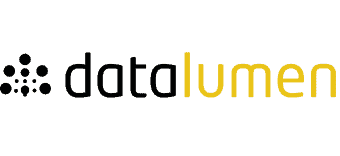DATABRICKS VS. SNOWFLAKE: THE BATTLE FOR CLOUD DATA MANAGEMENT HEATS UP WITH TABULAR BUY
Databricks‘ acquisition of Tabular puts pressure on Snowflake and Confluent as cloud data management becomes crucial for AI initiatives. Databricks recently acquired Tabular for an estimated $1 to $2 billion and was strategically announced during main competitor’s Snowflake annual conference. This move highlights the growing importance of cloud data management for AI applications, and how Tabular’s role in the open-source project Apache Iceberg makes them a strategic asset.
Iceberg: A Key-component in Data Management for AI
Iceberg is an open-source project that simplifies data sharing across cloud platforms and on-premises infrastructure. As AI applications become widespread, managing the data they require becomes a critical challenge. Iceberg acts as an abstraction layer, allowing data to flow seamlessly between various cloud storage services and analytics engines.
Tabular: The Iceberg Leader
Tabular’s founders played a key role in developing Iceberg and are the project’s largest contributors. Their acquisition by Databricks positions Databricks as the leader in Iceberg development. This strategic advantage could significantly impact the future of cloud data management.
Snowflake under pressure?
Snowflake, a major competitor of Databricks, has also developed tools for working with Iceberg. The bidding war for Tabular indicates companies see Iceberg as a strategic asset and potential threat. Snowflake’s recent stock price decline and leadership changes further highlight the pressure they face. Snowflake is BTW not the only relevant competitor with Iceberg connected solutions. Confluent, also mentioned as a Tabular M&A candidate, Microsoft, and others can also push data into Iceberg use Apache Flink.
The Future of Cloud Data Management
Databricks’ acquisition of Tabular presents a significant challenge to Snowflake and other competitors. How Databricks leverages Iceberg will be crucial in determining the leader in cloud data management for the AI era. This situation underscores the ever-evolving nature of the technology landscape, where younger startups can quickly disrupt established players.
Conclusion
- Cloud data management is critical for AI applications.
- Iceberg is a key open-source project for data management.
- Databricks’ acquisition of Tabular gives them a strategic advantage in Iceberg development.
- Competitors face pressure to adapt to the changing landscape.
